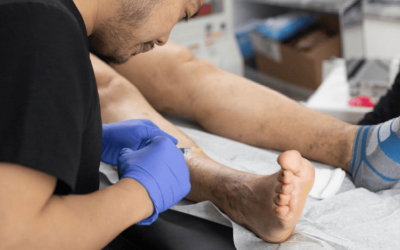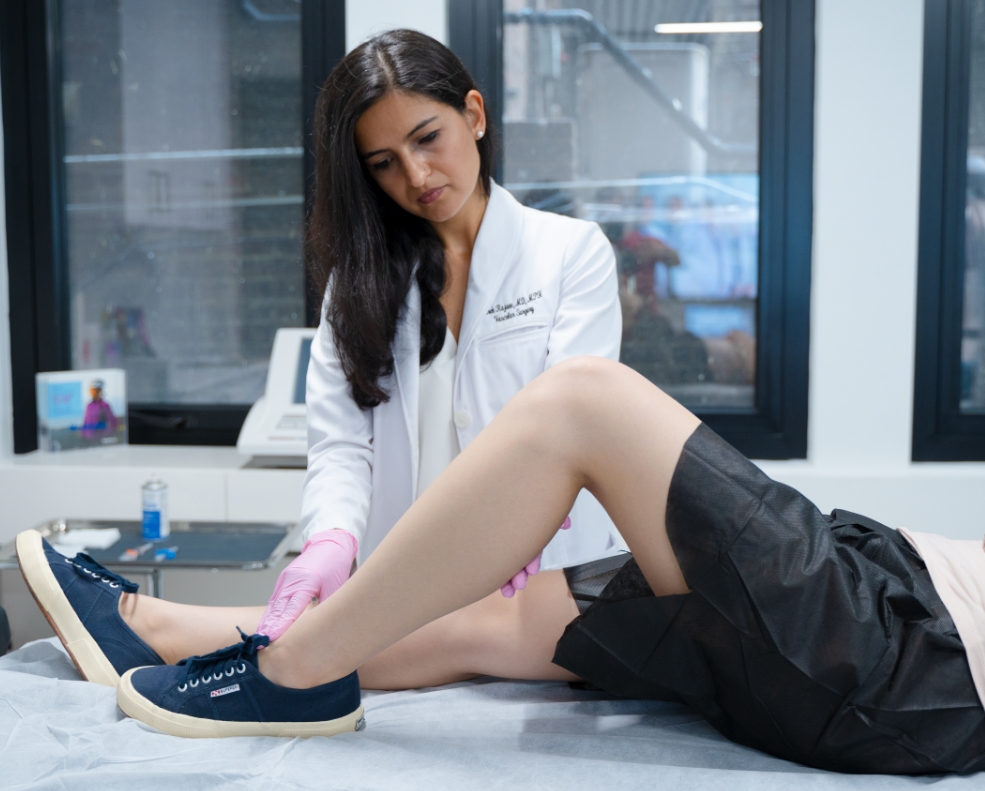Have you ever questioned why your legs occasionally appear or feel different? Well, vein issues might be to blame. You're not alone, so don't worry. It's more frequent than you might imagine to have vein problems. This article will help you to learn more about how what doctor treats varicose veins and will describe some of the most typical vein conditions that a vein doctor can treat.
Examining Common Vein Issues
Varicose Veins
These might be familiar to you. The bulging, twisted veins that frequently show up on your legs are called varicose veins. They may be uncomfortable and cause fatigue and aches in your legs. Your legs will be smoother and more pleasant after a vein expert removes those protruding veins using one of many treatments.

Spider Veins
These resemble varicose veins' smaller cousins. Those minuscule red or purple lines on your skin are called spider veins. They may not hurt, but they can still worry you. The good news is that a vein doctor can use lasers or injections to blast them away. Those spidery threads may go now!
Deep Vein Thrombosis (DVT)
DVT, which sounds serious, is simply the building up of a blood clot in a vein, commonly in the legs. Because the clot could obstruct blood flow to your lungs if it becomes loose, it could be serious. A vein specialist can assist with DVT prevention and treatment, protecting you from consequences.
Chronic Venous Insufficiency (CVI)
When your veins' valves don't function properly, blood flows backward and pools in your legs, which is what causes CVI. Swelling, discomfort, and even skin alterations may result from this. A vein specialist can assist with CVI management, enhancing your comfort and avoiding further issues.

Superficial Thrombophlebitis
Another big word, right? This is when a vein close to the surface of your skin becomes inflamed and develops a blood clot. It can be painful and make the skin around the vein red and tender. A vein doctor can recommend treatments to ease the inflammation and prevent complications.
Leg Ulcers
If the skin on your legs doesn't heal properly, an open sore called a leg ulcer will appear. Poor blood flow brought on by vein problems may be the reason for them. A phlebologist can aid in treating the underlying vein issue, which in turn can assist in the ulcers' healing.
Lymphedema
Lymphedema is when your legs (or other body parts) swell up because your lymphatic system isn't working well. Vein doctors often work with lymphedema patients because veins and the lymphatic system are closely connected. They can help manage the swelling and improve your overall comfort.
Conclusion
In conclusion, vein specialists are like superhumans for your legs. Now you know What Type of Doctor Treats Varicose Veins and how numerous common vein disorders, ranging from varicose veins to more serious problems like DVT, can be helped by them. Don't dismiss changes, soreness, or discomfort in your legs if you notice them. Contact a vein specialist, and allow them to use their knowledge to point you in the direction of healthier legs and a happier you.






